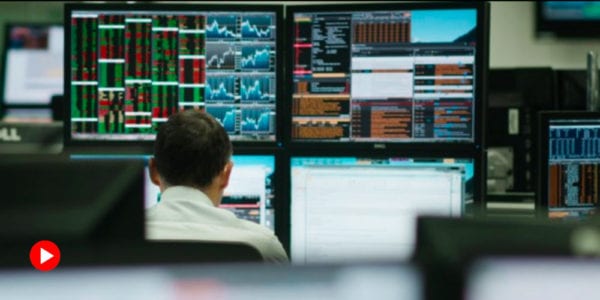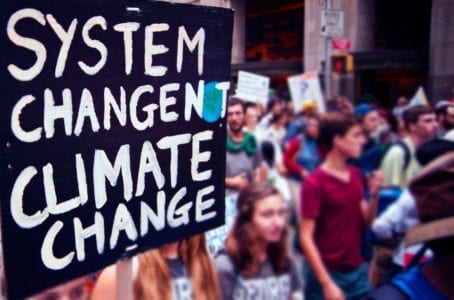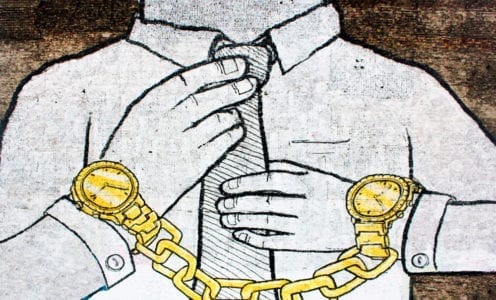🎧 Podcast | Covid unemployment: a new crisis?
BBC World Service with Tim Jackson, Jeffrey Miron, Betsey Stevenson, Steve Keen and Daniel Susskind
18 Sept 2020

From the BBC website:
How does surging unemployment complicate the global response to the pandemic?
Millions have been left without work as the coronavirus pandemic continues to devastate economies across the globe. This week, there’s been a sharp rise in the unemployment rate in Britain. This follows recent increases in other European countries. The International Labour Organisation has warned the pandemic is having a “devastating and disproportionate” impact on youth employment. In the United States, unemployment remains above 10 percent in black and Hispanic communities. After India’s lockdown ended, many living in cities have found their old jobs gone – with former office workers, builders, drivers and factory workers left scrambling to find alternative employment. But analysts warn that the longer the crisis goes on, the more jobs simply won’t return – replaced, they say, by automation or artificial intelligence solutions that don’t get sick and don’t need to socially distance. And while this trend existed before Covid, there are signs the virus has brought forward an employment challenge many governments had hoped to address years down the line. So how can governments minimise job losses, help retrain those whose past careers have gone, and make sure younger workers are prepared for the jobs of the future – all during a time of reduced revenue from taxation and ballooning deficits? Dan Damon and a panel of experts discuss what should be done about rising unemployment in the age of Covid-19?
Panellists include CUSP Director Tim Jackson (University of Surrey), Jeffrey Miron (Harvard University), Betsey Stevenson (University of Michigan), Steve Keen (University College London) and Daniel Susskind (Oxford University).
The discussion can be streamed via the BBC website.






